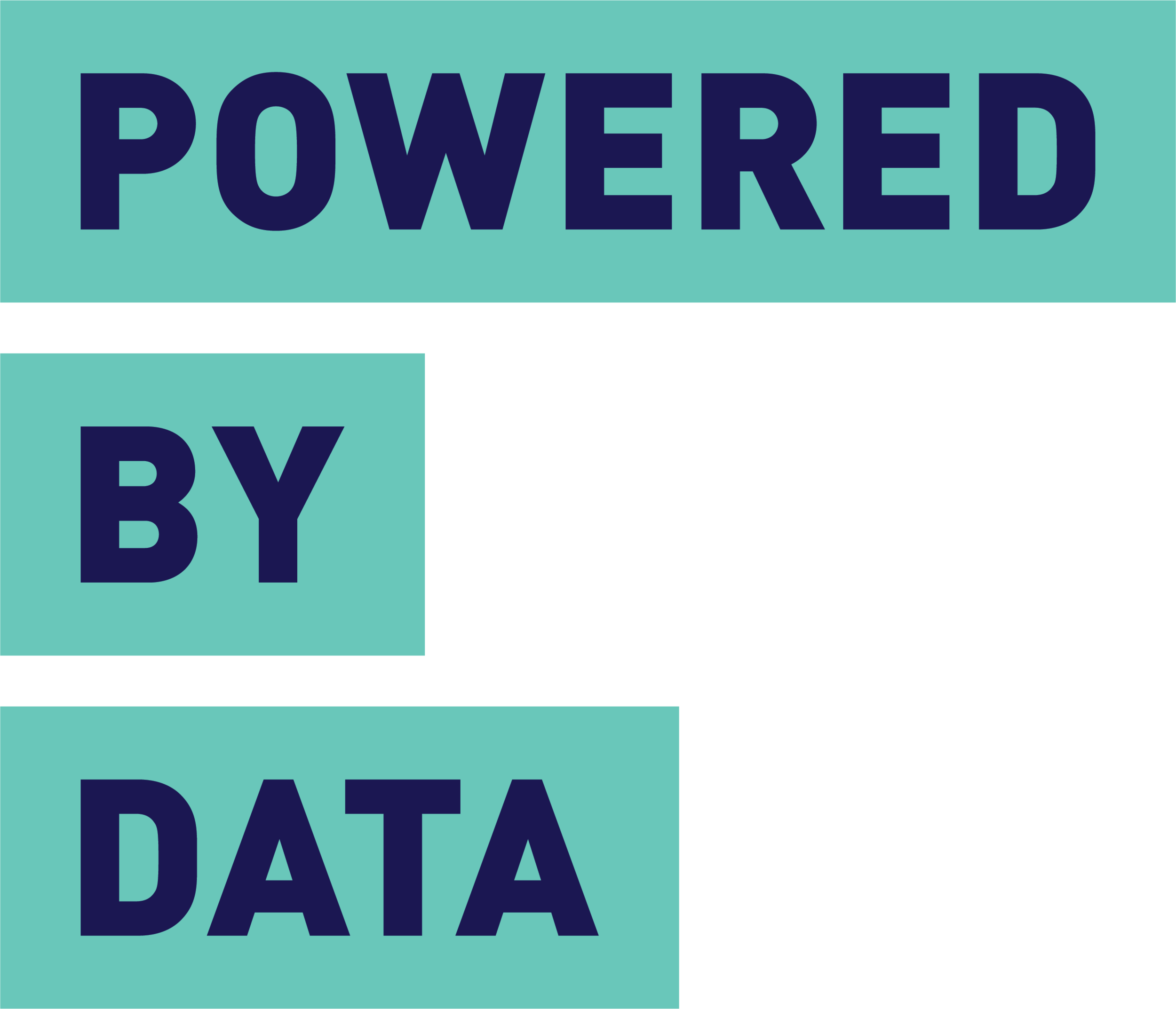Linking Data - Improving Lives: Powered by Data at the 2018 IPDLN Conference
We are looking forward to presenting at the biennial 2018 International Population Data Linkage Network (IPDLN) Conference this week in Banff, Alberta! IPDLN is a network that connects managers and users of population-based linked data—including academics, government, and research centres—to each other.
Our director, Michael Lenczner, will be presenting on our initiative to co-create a policy agenda around administrative data-sharing for social impact, in collaboration with a coalition of advocacy groups, nonprofits, and funders. Our session will be part of a broader track on the importance of public engagement on linked data policies and practices.
We are excited that our coalition initiative aligns well with IPDLN’s conference theme for this year: Linking Data — Improving Lives, which focuses on the impacts of data-linkage and related research on public policy. In this blog post, we highlight three sessions that are relevant to our work in engaging nonprofits to shape data-sharing policy in Canada.
1) Governance Challenges to Promoting Data Readiness and Data Linkage for Not-for-Profit Organizational Service Data
This session from our friends at PolicyWise will discuss key learnings from a data-sharing project across six Calgary nonprofits to measure and better understand poverty. The session will review some of the legal, ethical, policy, and technical barriers encountered with respect to data-linkage between nonprofits—organizations that tend to be significantly less experienced than governments when it comes to data-sharing. These are particularly salient questions to address in our policy coalition’s work, which has a focus on data-sharing involving the nonprofit sector.
2) Priorities for future research: the community adding value to linked data research
Over the last twenty years, researchers from the University of Western Australia and the Consumer and Community Health Research Network have sought out community feedback and input for their linked data research projects. At IPDLN, they will share their approach and methods for engaging communities on issues around research priorities and data access. We are looking forward to bringing relevant learnings around community engagement back to our civil society coalition-building process.
3) Cultural and institutional barriers among data stewards regarding data access for research
Population Data BC is an organization that helps population health researchers access linked, de-identified, administrative data on British Columbia’s residents. Before accessing datasets of interest, researchers must submit a Data Access Request (DAR), which is reviewed and processed by a “data steward” at the BC ministry or agency holding the dataset of interest.
AT IPDLN, Population Data BC will discuss learnings from interviews with data stewards on the cultural factors that influence how data stewards process DARs, and discuss discrepancies between how legislation is interpreted across stewards. We are hoping that this session will inform some of our upcoming policy research on administrative data-sharing, illuminating the ways in which policy can translate (or fail to translate) into practice.
Interested in reading more about the IPDLN 2018 program? You can explore the full schedule here and follow the discussion on Twitter at #IPDLN2018 . We’re looking forward to sharing back our learnings!
